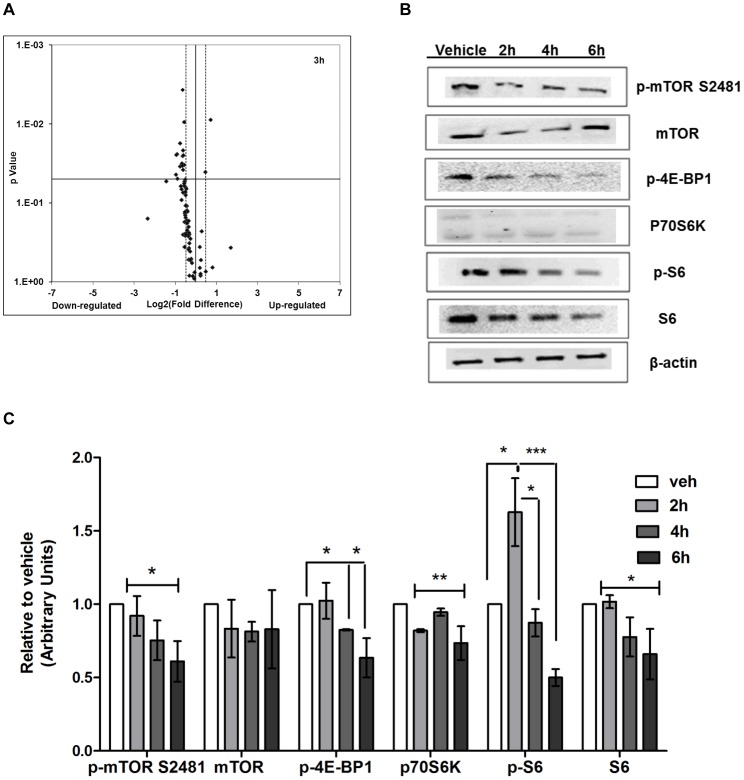Figure 1. Reishi decreases the expression of PI3K/AKT signaling pathway genes and of mTORC1 effectors.
A. Total SUM-149 cell RNA extraction was performed from three different experimental plates treated with 0 mg/mL (n = 3/vehicle) or 0.5 mg/mL Reishi (n = 3/treatment) for 3 hours. RT2 PCR arrays designed to profile the expression of PI3K/AKT pathway-specific genes were used according to manufacturer’s instructions (SA Biosciences). Volcano plot shows the effects on gene expression analyzed at −1.4≥1.4 log2-fold change (dashed lines). Down-regulated genes are to the left of the vertical black line while up-regulated genes are to the right. Statistically significant (P<0.05) regulated genes are above the horizontal black line. B. SUM-149 cells were grown in 5% FBS media for 24 hours prior to treatment with vehicle (0 mg/mL) or Reishi extract (0.5 mg/mL) for 2, 4, and 6 hours before lysis. Equal amount of protein from each sample was used for Western blot analysis with antibodies against mTORC1 effector proteins. C. Columns represent means ±SEM of integrated density units of protein, normalized to β-actin levels and shown relative to vehicle controls (without Reishi treatment). Statistically significant differences are shown at *P<0.05, **P<0.01, ***P<0.0001.

